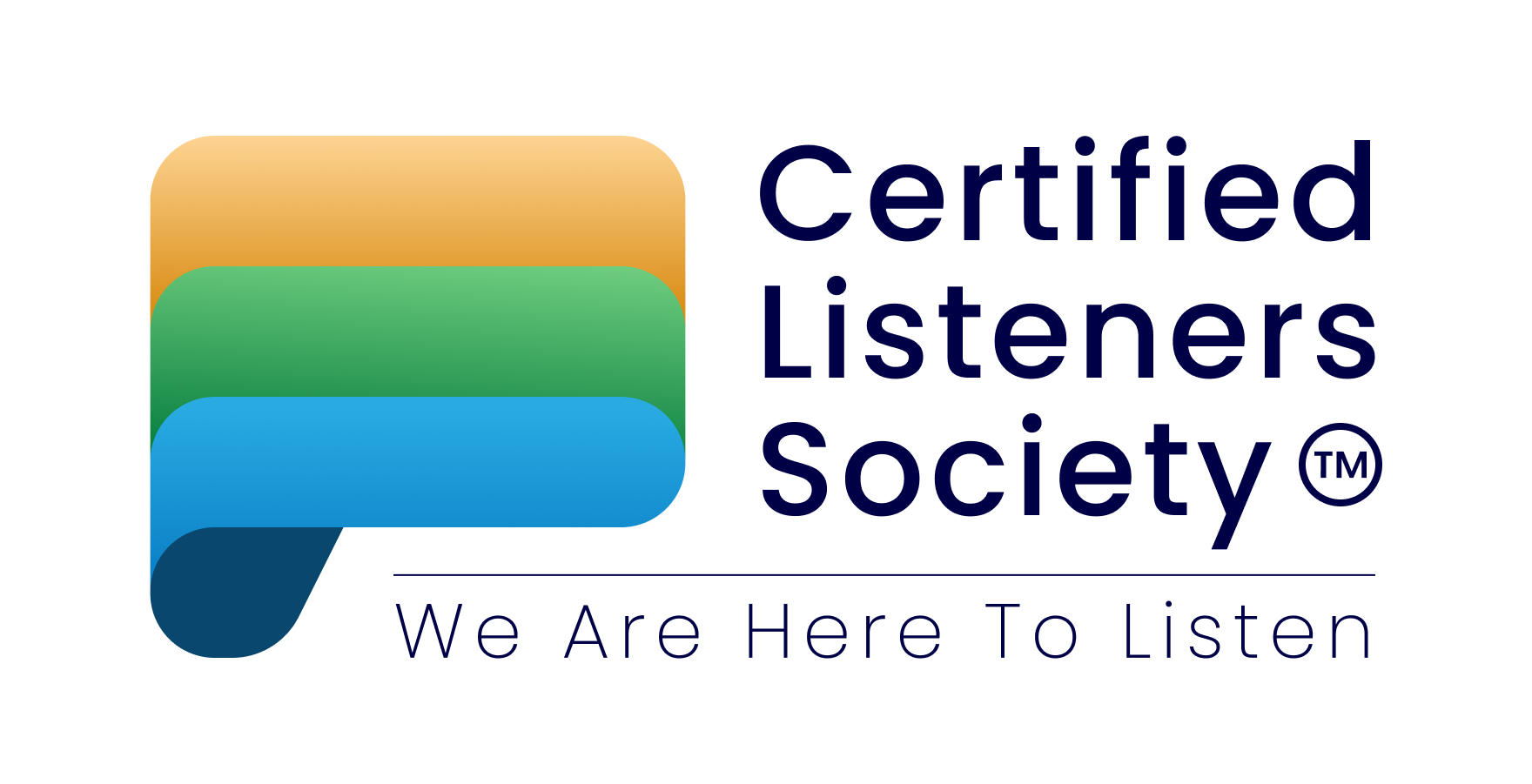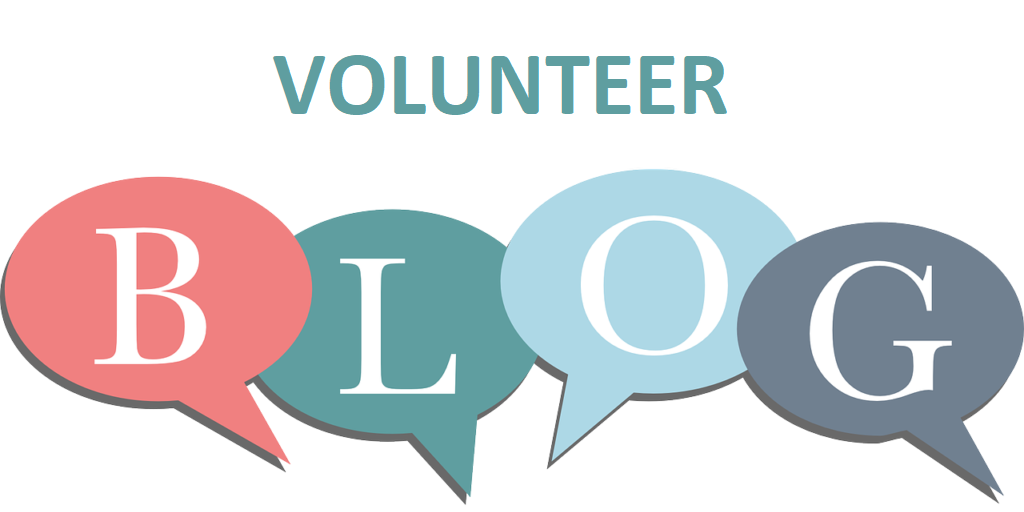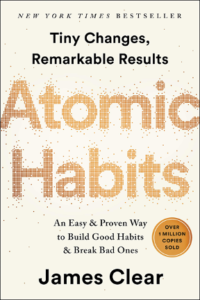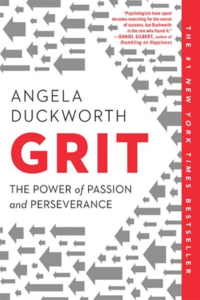6 ways to be more physically active during the day
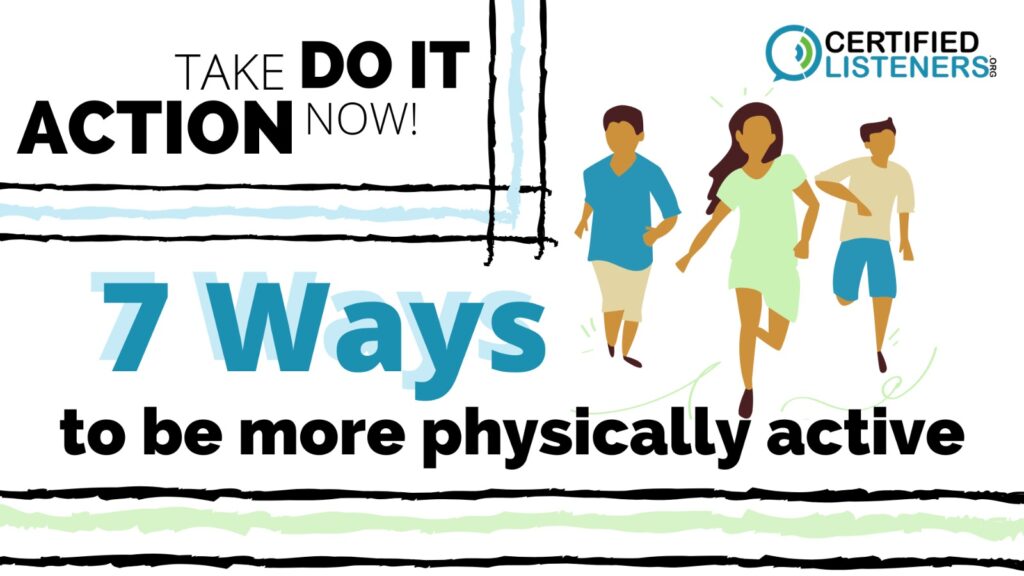
Physical activity in whatever form is a great way to keep you physically healthy and also mentally strong. Keeping active helps reduce stress, improves sleep quality, and raises energy levels to help boost your mood and make you feel more confident. The best part is you don’t have to spend hours at the gym to see the benefits. Here are some small and simple changes you can make in your routine to get moving!
Take the stairs
Next time you need to take an elevator up think again. An easy change in your fitness is to taking the stairs instead. Climbing the stairs can contribute to the recommended 30 minutes of physical activity and can burn 8-11kcal per minute! Furthermore, it can help you build and maintain muscles, joints and bones! Along with this health benefit, climbing the stairs can improve the amount of good cholesterol found in your blood.
Park further away
Get extra steps in by parking further away. Parking at the end of the lot can increase your distance from the store, from about 5m away to around 30-50m away. This means you would be taking around 100-200 extra steps walking to the store and back to your car per visit. Thus, this is a great way to get more steps in during a busy day! Spend the time walking instead of circling the lot for a closer spot to park!
Make it a Habit
The ability to focus improves when your brain has a chance to unfocus. Excessive focus exhausts the focus circuits in your brain and can drain your energy and make you lose self-control. Unfocus time is vital to developing resilience and what better way to unfocus than to move around! Start small with 2-3 minutes of physical activity with every hour spent focusing. You can track steps as you move around the house, or step out in to the neighbourhood. Build it into your schedule.
Try an at home workout
Covid had us looking for gym-free ways on-line to build our muscles. There are a so many options online such as: 5 minute muscle-focused workouts from Bailey Brown or Chloe Ting, to full HIIT from Natacha Océane or Whitney Simmons, as well as yoga classes. You save time and money by making your home the gym! Each fitness expert has their own personality and provide different effective techniques to make your workout quick and fun!
Check out some of these fitness channels for at home workouts:
Clean around the house
Cleaning is a great way to get moving around the house without having to actually leave it. Not only will it be beneficial for your body, but you will also be getting your cleaning-chores out of the way. For instance, vacuuming, mopping, and sweeping can burn up to 100-200 calories per hour! Moreover, washing your car and cleaning the windows can add up to 300 and 200 calories respectively, per hour!
Netflix…and Active
Next time you cozy up to watch TV bring your yoga ball or light weights with you. Enjoy your program and instead of snacking move your dumbbells to get in exercises that can help improve your posture and tighten your core!
Check out these simple moves for a “lazy & cozy” workout:
